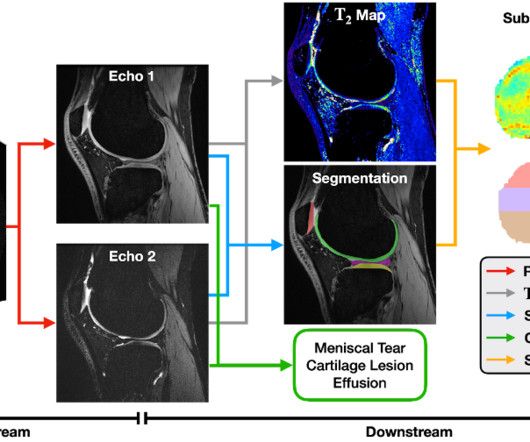Stanford Researchers Propose EVAPORATE: A New AI Approach That Reduces Inference Cost of Language Models by 110x
Marktechpost
JULY 19, 2023
The team has used the example of extracting the device classification attribute from FDA reports for medical devices to illustrate this. EVAPORATE has been evaluated on 16 sets of documents across a range of formats, topics, and attribute types.















Let's personalize your content